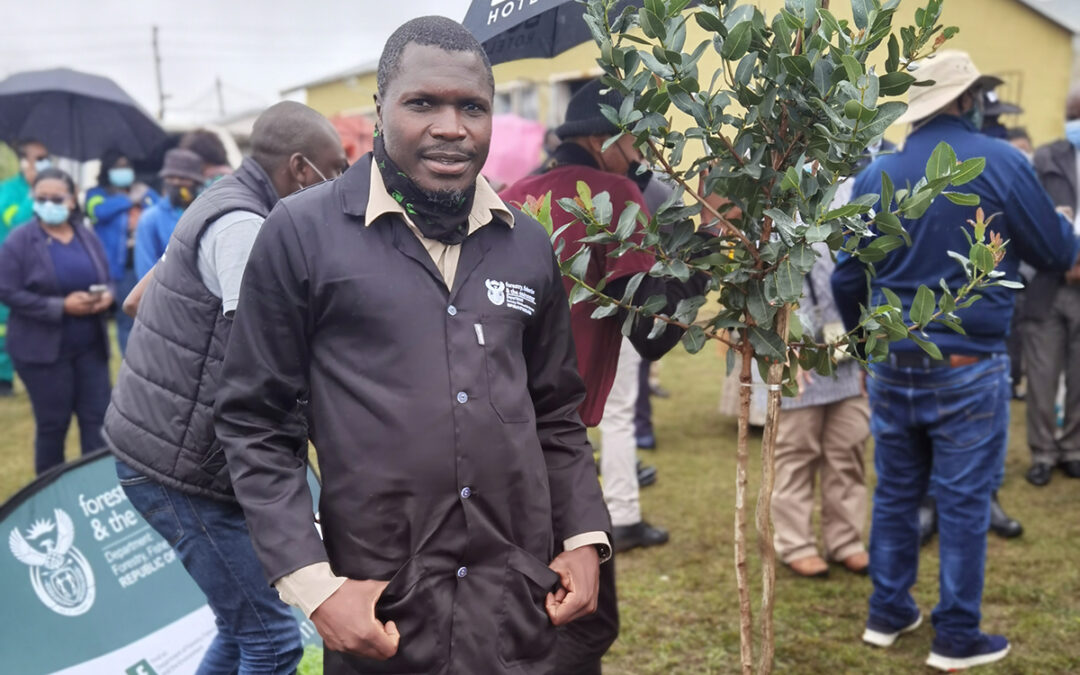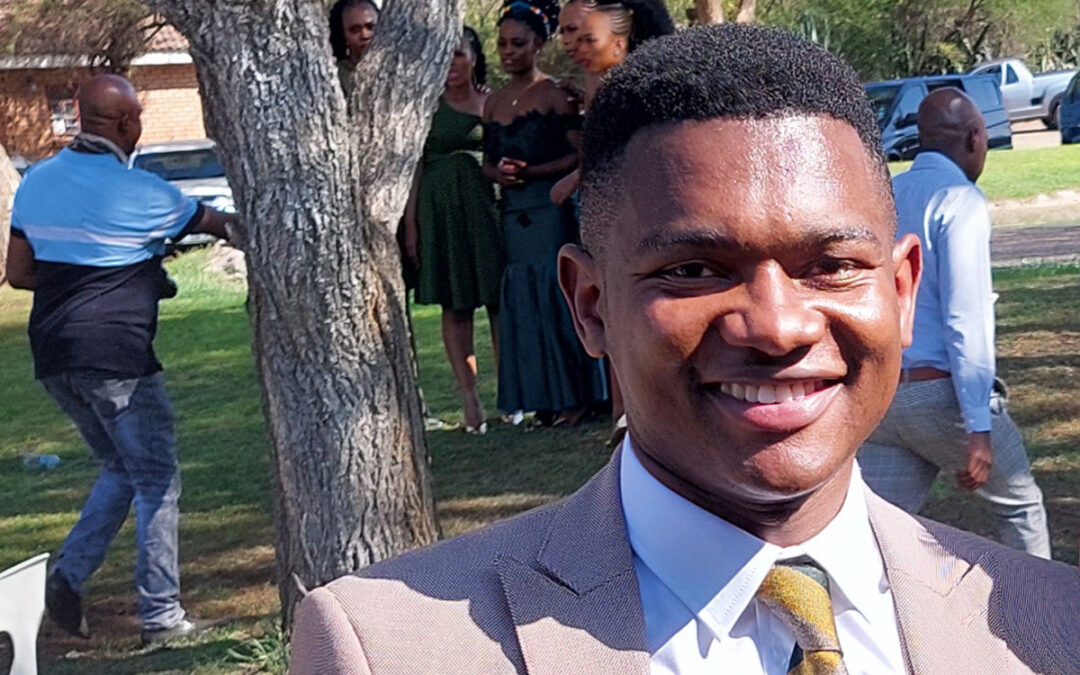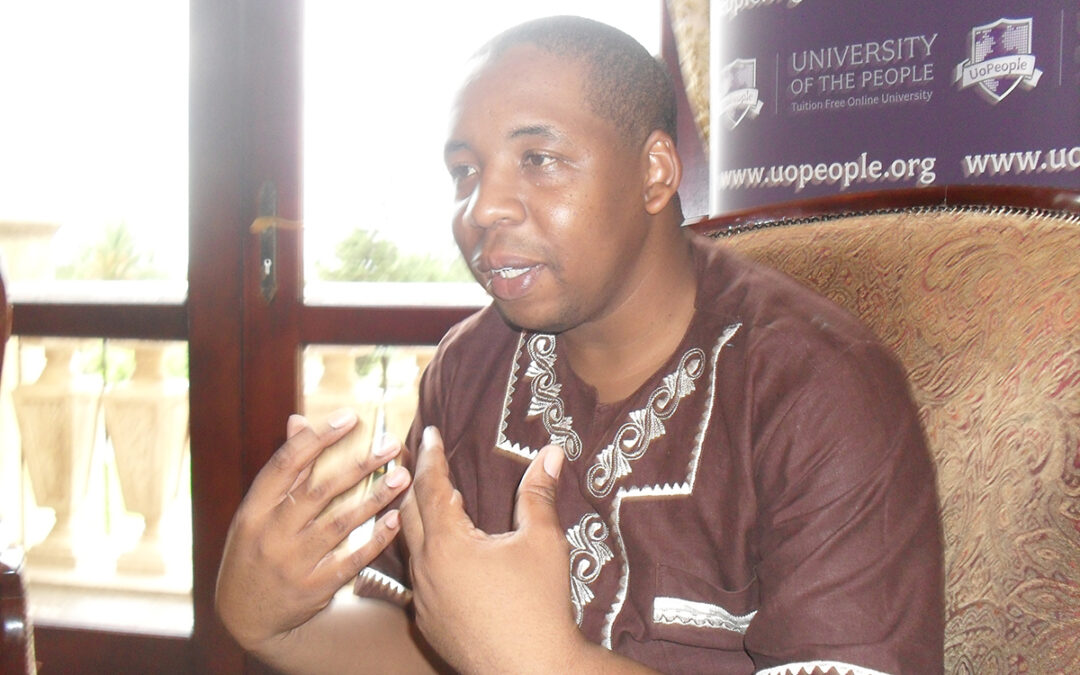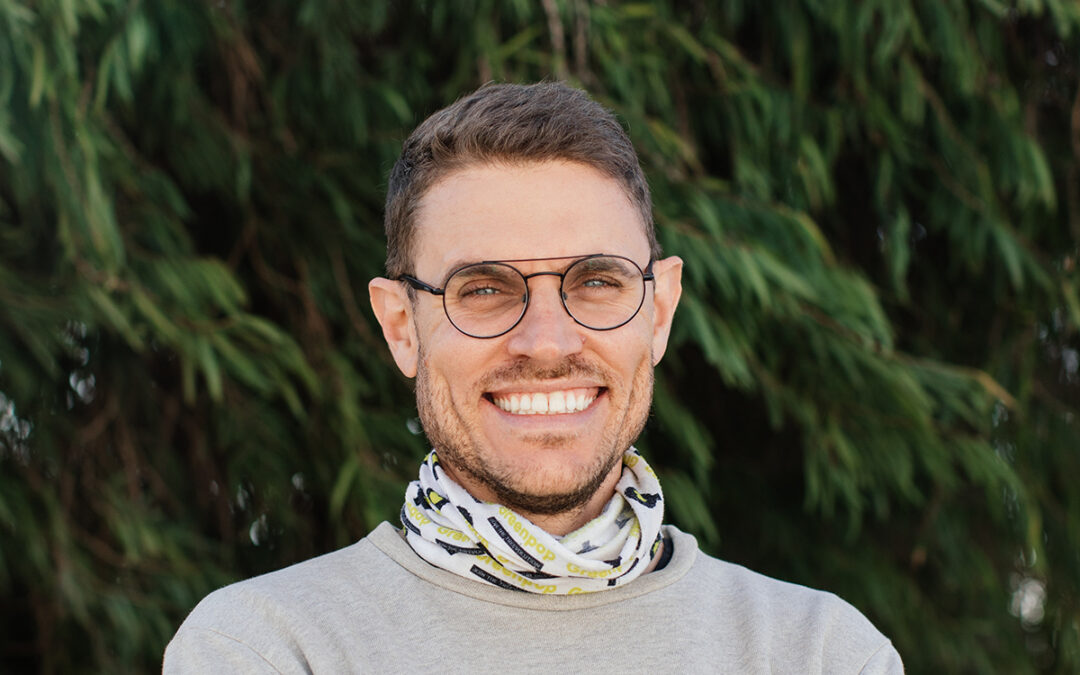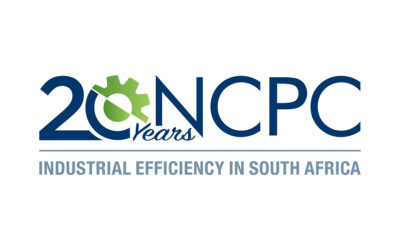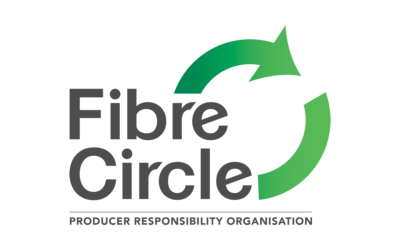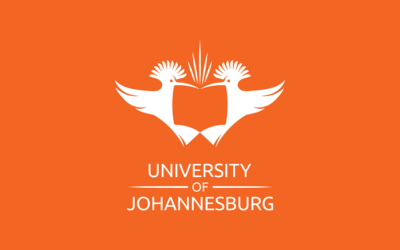Founded by community leaders, the Sekhukhune Environmental Justice Network (SEJN) first focused on communities affected by mining in the region. “Mining causes environmental degradation in nearby communities,” one of the founders, Mmathapelo Thobejane, says. Based in Ditwebeleng village, the SEJN works throughout the Sekhukhune District Municipality and has reached close to 50 schools, communities and traditional homes. With the help of Bohwa Bja Rena, a community development trust, the SEJN planted 150 trees in schools across the municipality from 2019 to 2020.
The efforts of the organisation have been recognised by the communities of the region, and allowed for the development of partnerships that expand its range of work. This expansion helped to provide the SEJN with a seat at the table when the community sat down with government and mining representatives three years ago. “The biggest success of our organisation was when we managed to engage the department of water and sanitation and the nearby mine about the water pollution that was happening in our area,” Thobejane explains, “and livestock owners managed to get compensated for the animals lost due to the polluted water.”
Thobejane wants to continue her organisation’s work but on a larger scale. Funding remains an issue for the SEJN, despite its successes. “We want to see our school greening project implemented in 30 schools in the neighbouring Fetakgomo Tubatse Local Municipality, and trees planted in at least 50 more schools,” she says. When resources are low, the organisation has learnt to prioritise campaigns that can be run at no cost. These campaigns use community donations and charity drives — such as the distribution of personal protective equipment during lockdown and arranging psychological support for the community’s healthcare workers. “We see ourselves running sustainable projects that will maintain our work without struggling for funds, and our management team being able to get proper work and earn something instead of volunteering all the time,” Thobejane adds.
“Never give up, especially if you have a passion to help vulnerable communities and those who need your services.”

